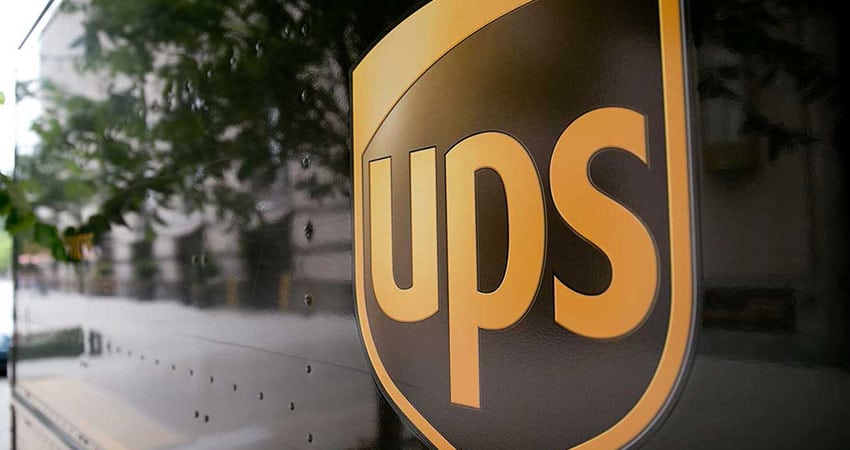After a strike authorization vote this week, the International Brotherhood of Teamsters said it had reached agreement on a couple key points with UPS, including increasing the number of grievance arbitrators and the amount due in penalties for errors in pay, according to a report in Scripps News.
Results of the strike authorization vote among 340,000 UPS workers represented by the Teamsters will be released on Tuesday. Such votes are a formality during negotiations, with union members giving their leadership the power to order a strike on their behalf.
The agreements reached afterward increased the number of arbitrators to settle disputes quickly and fairly, and clarified how much money would be due to workers from UPS in cases where there were payroll errors, Scripps reported. The Teamsters pushed for completion of supplemental agreements before formal negotiations started June 1, but they were settled quickly afterward.
“The Teamsters will do everything we can to hold UPS financially accountable to its workforce — to all of our full-time and our part-time UPSers, who deserve to be paid more and to be paid on time,” Teamsters General President Sean M. O’Brien said in a statement to Scripps. “When UPS screws up, it needs to own its mistakes. This company needs to be sincere and compassionate about rewarding the people who make it move, who are its backbone. Today was a good day for our team to make real progress.”
In related news last week, the U.S. Supreme Court in an 8-1 upheld the right of Glacier Northwest, a Seattle concrete manufacturer, to sue the Teamsters if a strike caused damage to the business. In that case, workers walked off the job in 2017, ruining concrete that was left in the trucks. The vote was broadly seen as a weakening of labor rights by the high court, including the right to strike.
“The political hacks at the Supreme Court have again voted in favor of corporations over working people,” O’Brien said in decrying the ruling. “These corruptible justices should be ashamed of themselves for throwing out long-standing precedent and legislating from the bench. The ability to strike has been on the books for nearly 100 years, and it’s no coincidence that this ruling is coming at a time when workers across the country are fed up and exercising their rights more and more. Make no mistake — this ruling has everything to do with giving companies more power to hobble workers if any attempt is made to fight back against a growing system of corruption.”

